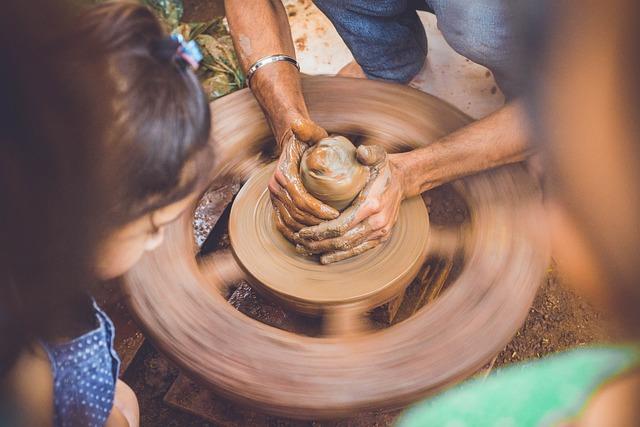In the intricate dance of human connection, stepping into a committed relationship can feel like both an exhilarating leap and a daunting plunge. While the heart often whispers tales of romance and companionship, the mind may caution with questions of readiness and emotional maturity. Understanding whether you’re truly prepared to embark on this profound journey requires more than a fleeting introspection. It demands a deep dive into your emotional landscape, assessing readiness not just for love, but for the growth and challenges it inevitably brings. This article aims to guide you through the essential signs and reflections needed to determine if you’re poised for the beautiful complexity of a committed relationship.
Understanding Your Emotional Landscape
Before embarking on a journey of commitment, it’s essential to explore the intricacies of your own emotional world. Understanding the emotions you experience, how you react to them, and the patterns they form can provide valuable insights into your readiness for a relationship. Begin by asking yourself these questions:
- Do you recognize and understand your own emotional triggers?
- Are you able to express your feelings in a healthy and constructive way?
- Can you empathize with others and appreciate their emotional perspectives?
Developing emotional awareness means being mindful of your internal dialogue and acknowledging both positive and negative emotions without judgment. Journaling, meditation, and self-reflection are powerful tools that can help you navigate your emotional landscape. By gaining clarity on your emotional strengths and areas for growth, you’ll be better equipped to build a relationship grounded in mutual understanding and respect.
Recognizing Patterns and Triggers
Understanding your emotional landscape is crucial in determining your readiness for a committed relationship. This involves identifying the patterns and triggers that influence your emotional responses. Consider the following aspects:
- Past Relationship Patterns: Reflect on previous relationships to uncover recurring behaviors or conflicts. Are there common themes or issues that arise? Recognizing these can help you address them before entering a new commitment.
- Emotional Triggers: Be mindful of situations or interactions that provoke strong emotional reactions. Understanding these triggers allows you to manage your responses more effectively and communicate better with your partner.
- Self-Awareness: Regularly check in with your feelings and thoughts. This practice fosters a deeper understanding of your emotional needs and boundaries, paving the way for healthier relationship dynamics.
By acknowledging these elements, you can cultivate a more conscious and prepared approach to love and commitment.

Cultivating Self-Awareness and Growth
Embarking on a journey towards understanding your emotional landscape can be both enlightening and challenging. It’s about delving deep into your thoughts and feelings, recognizing patterns, and being honest with yourself. This process involves embracing moments of discomfort and using them as stepping stones for personal development.
- Reflect on Your Past: Consider past relationships and identify recurring themes. What lessons have you learned?
- Understand Your Triggers: Recognize what sets off emotional reactions and explore their origins.
- Practice Mindfulness: Engage in activities that keep you present, such as meditation or journaling.
- Seek Feedback: Sometimes, others can offer insights into our behaviors that we might overlook.
By nurturing this awareness, you lay a solid foundation for personal growth, paving the way for healthier and more fulfilling relationships.

Building Healthy Communication Skills
Effective communication is the cornerstone of any successful relationship. To ensure you’re emotionally ready, it’s essential to develop and refine your communication skills. Here are some key aspects to consider:
- Active Listening: Pay attention to your partner’s words without planning your response. This demonstrates respect and understanding.
- Empathy: Try to understand your partner’s feelings and perspectives. This fosters a deeper connection and mutual respect.
- Clarity and Honesty: Express your thoughts and feelings clearly. Avoid ambiguity to prevent misunderstandings.
- Non-Verbal Cues: Be mindful of body language, facial expressions, and tone of voice, as they often speak louder than words.
By honing these skills, you’ll create a strong foundation for a committed relationship, allowing both partners to feel heard and valued.




